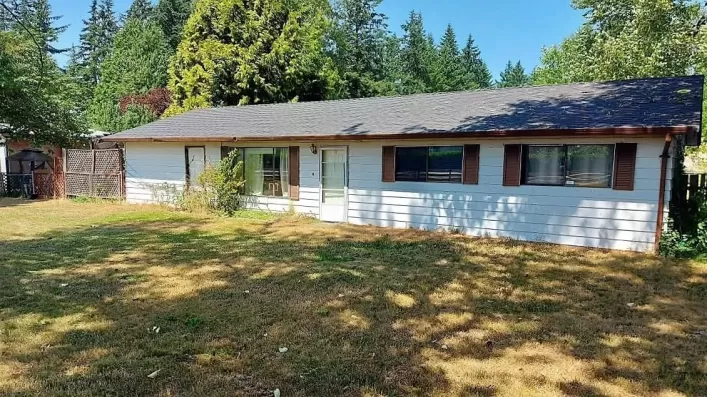The Allure of Converted Barns
In recent years, the trend of converting barns into homes has gained significant popularity. These rustic structures offer a unique blend of history, charm, and modern living. The appeal of a converted barn lies in its ability to provide a spacious, open-plan living environment while retaining its original character. From the barns in British Columbia to the picturesque barns in Lunenburg, these structures are being transformed into stunning residences that capture the imagination.
Historical Significance
Barns have been an integral part of rural landscapes for centuries. Originally built for agricultural purposes, they served as storage for crops, livestock, and farming equipment. The historical significance of these structures adds to their charm when converted into homes. For instance, the Uxbridge Barn is a prime example of how these buildings can be preserved and repurposed, offering a glimpse into the past while providing modern comforts.
Architectural Features
One of the most appealing aspects of converted barns is their architectural features. High ceilings, exposed beams, and large open spaces are common characteristics that make these homes stand out. The Barn House in Ottawa showcases these features beautifully, with its expansive interiors and rustic charm. These elements not only enhance the aesthetic appeal but also provide a versatile space that can be customized to suit individual tastes.
Modern Amenities
While maintaining their rustic charm, converted barns are often equipped with modern amenities to ensure a comfortable living experience. From state-of-the-art kitchens to luxurious bathrooms, these homes offer the best of both worlds. The Acres Barn in Clarington is a perfect example of how modern amenities can be seamlessly integrated into a historic structure, providing a unique living experience that combines the old with the new.
Environmental Benefits
Converting barns into homes is not only a creative way to preserve history but also an environmentally friendly option. By repurposing existing structures, the need for new construction is reduced, minimizing the environmental impact. The Converted Church project highlights how adaptive reuse can contribute to sustainability, offering a model for eco-conscious living.
Unique Living Experience
Living in a converted barn offers a unique experience that is hard to replicate in traditional homes. The sense of space, connection to nature, and historical context create a living environment that is both inspiring and tranquil. The Guelph Barn provides residents with a serene retreat, surrounded by natural beauty and steeped in history.
Challenges and Considerations
While the idea of living in a converted barn is appealing, there are several challenges and considerations to keep in mind. Structural integrity, insulation, and zoning regulations are some of the factors that need to be addressed during the conversion process. The Old Barn in BC project demonstrates how these challenges can be overcome with careful planning and expert guidance, resulting in a successful transformation.
Investment Potential
Converted barns also offer significant investment potential. Their unique appeal and limited availability make them highly sought after in the real estate market. The Horse Barn in Kamloops is an example of a property that has seen increased interest due to its distinctive character and prime location. Investing in a converted barn can be a lucrative opportunity for those looking to own a piece of history while enjoying modern comforts.
Community and Lifestyle
Living in a converted barn often means being part of a close-knit community that values history and sustainability. These homes are typically located in rural or semi-rural areas, offering a peaceful lifestyle away from the hustle and bustle of city life. The Ottawa Barn is situated in a community that embraces this lifestyle, providing residents with a sense of belonging and connection to the land.



















































